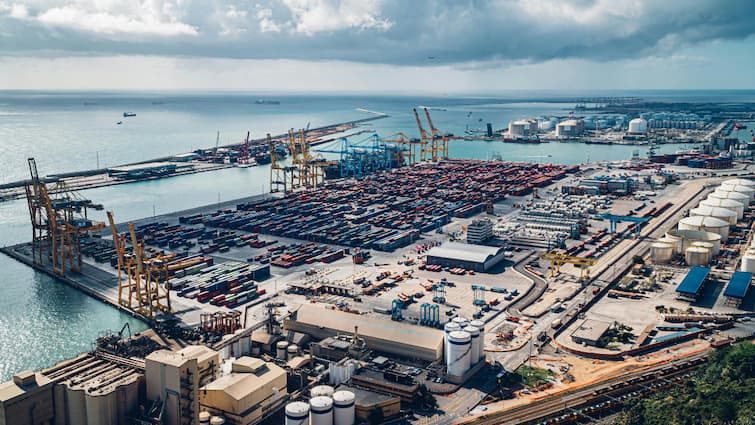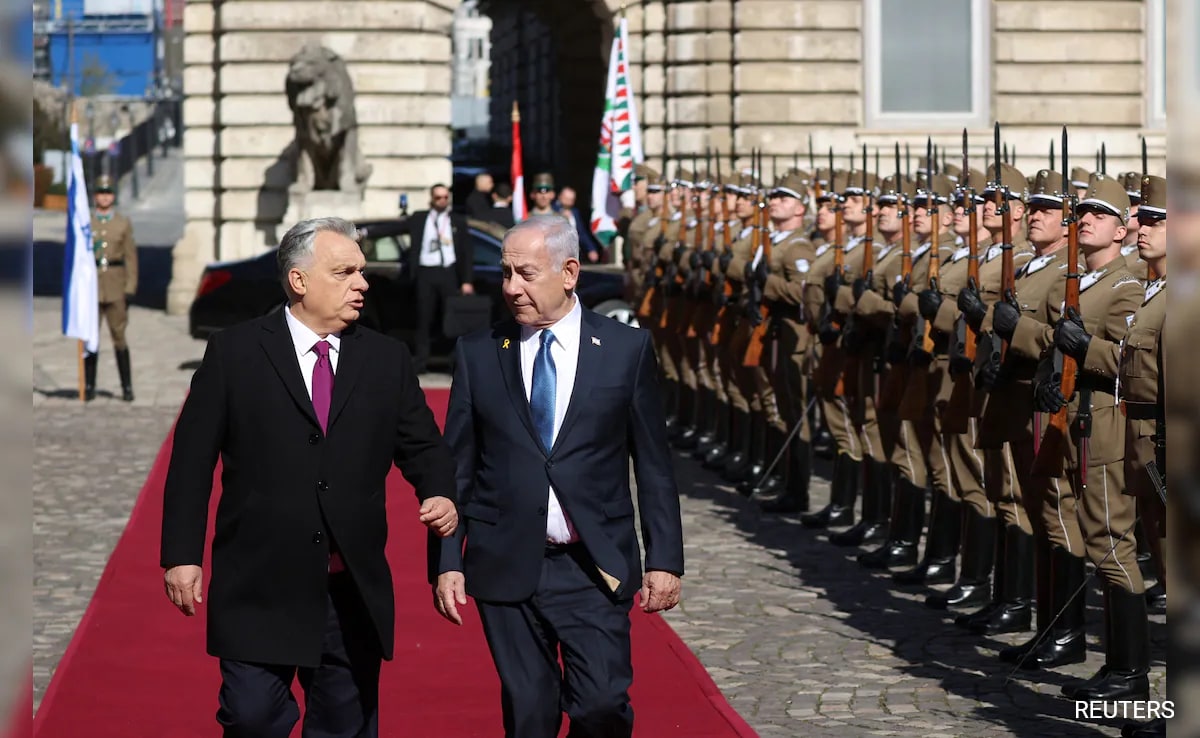What Is A Reciprocal Tariff? Here's How It Affects The Trade Relation Between Countries
US President Donald Trump imposed 26 per cent reciprocal tariffs on India on Thursday. Trump announced reciprocal tariffs affecting multiple countries, including a 26 per cent "discounted" tariff on India, citing India's high import duties on American goods as the rationale behind this measure. India described the reciprocal tariffs imposed by the US as a "mixed bag". A senior official from the Commerce Ministry suggested that President Donald Trump might reconsider the duties on India following upcoming diplomatic discussions between the two nations, according to a PTI report. What Is A Reciprocal Tariff? A reciprocal tariff is a tax or trade barrier imposed by one country in response to similar measures taken by another. The purpose of reciprocal tariffs is to maintain a trade balance between nations. When one country increases tariffs on imports from another, the affected country often retaliates by imposing its own tariffs on goods from the first country. This strategy aims to protect domestic industries, safeguard jobs, and address trade imbalances. Reciprocal tariffs can trigger a cycle of escalating trade barriers, increasing the risk of a trade war that can harm both economies involved. This escalation can disrupt global supply chains, drive up costs for consumers, and hinder economic growth. To avoid such outcomes, it is crucial for nations to engage in open dialogue and collaborative efforts to resolve trade disputes without resorting to retaliatory tariffs. Also Read: Sensex Tanks 372 Points, Nifty Tests 23,240 Amid Trump Tariff Announcement Important Points Of Reciprocal Tariff Trade Relationships: Reciprocal tariffs are designed to ensure fairness in international trade by discouraging one country from maintaining an advantage through lower tariffs while others face higher duties. This helps create a more level playing field for businesses across borders. Negotiation Tool: These tariffs can serve as a leverage point in trade negotiations, encouraging countries to reduce or remove barriers to imports in exchange for tariff adjustments. Domestic Industries: By increasing the cost of imported goods, reciprocal tariffs can make local products more competitive, offering a form of protection for domestic industries from foreign competition. International Relations: The introduction of reciprocal tariffs can strain diplomatic ties, sometimes escalating into trade disputes or retaliatory measures that affect broader economic partnerships. Consumers Impacted: Higher tariffs on imports often lead to increased prices for consumers, potentially limiting product availability and driving up the cost of living for goods that were previously more affordable.

US President Donald Trump imposed 26 per cent reciprocal tariffs on India on Thursday. Trump announced reciprocal tariffs affecting multiple countries, including a 26 per cent "discounted" tariff on India, citing India's high import duties on American goods as the rationale behind this measure.
India described the reciprocal tariffs imposed by the US as a "mixed bag". A senior official from the Commerce Ministry suggested that President Donald Trump might reconsider the duties on India following upcoming diplomatic discussions between the two nations, according to a PTI report.
What Is A Reciprocal Tariff?
A reciprocal tariff is a tax or trade barrier imposed by one country in response to similar measures taken by another. The purpose of reciprocal tariffs is to maintain a trade balance between nations. When one country increases tariffs on imports from another, the affected country often retaliates by imposing its own tariffs on goods from the first country. This strategy aims to protect domestic industries, safeguard jobs, and address trade imbalances.
Reciprocal tariffs can trigger a cycle of escalating trade barriers, increasing the risk of a trade war that can harm both economies involved. This escalation can disrupt global supply chains, drive up costs for consumers, and hinder economic growth. To avoid such outcomes, it is crucial for nations to engage in open dialogue and collaborative efforts to resolve trade disputes without resorting to retaliatory tariffs.
Also Read: Sensex Tanks 372 Points, Nifty Tests 23,240 Amid Trump Tariff Announcement
Important Points Of Reciprocal Tariff
Trade Relationships: Reciprocal tariffs are designed to ensure fairness in international trade by discouraging one country from maintaining an advantage through lower tariffs while others face higher duties. This helps create a more level playing field for businesses across borders.
Negotiation Tool: These tariffs can serve as a leverage point in trade negotiations, encouraging countries to reduce or remove barriers to imports in exchange for tariff adjustments.
Domestic Industries: By increasing the cost of imported goods, reciprocal tariffs can make local products more competitive, offering a form of protection for domestic industries from foreign competition.
International Relations: The introduction of reciprocal tariffs can strain diplomatic ties, sometimes escalating into trade disputes or retaliatory measures that affect broader economic partnerships.
Consumers Impacted: Higher tariffs on imports often lead to increased prices for consumers, potentially limiting product availability and driving up the cost of living for goods that were previously more affordable.
What's Your Reaction?















































